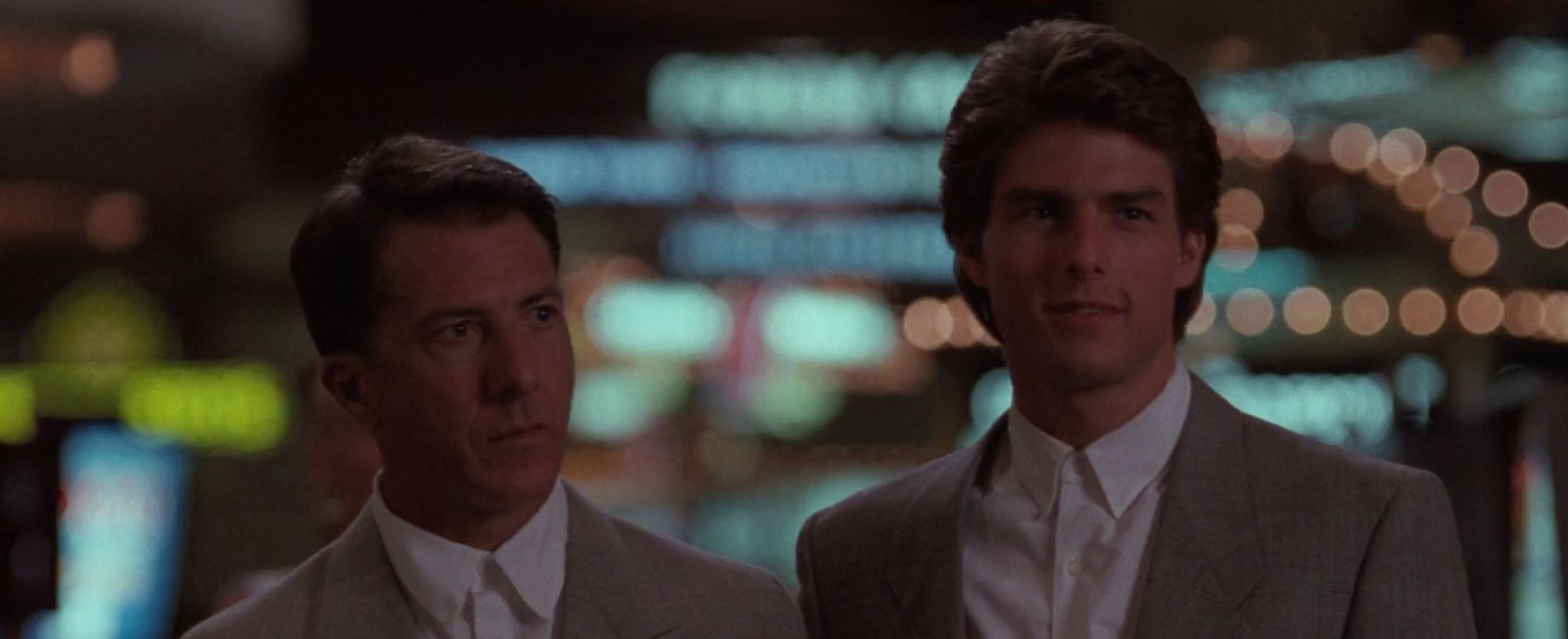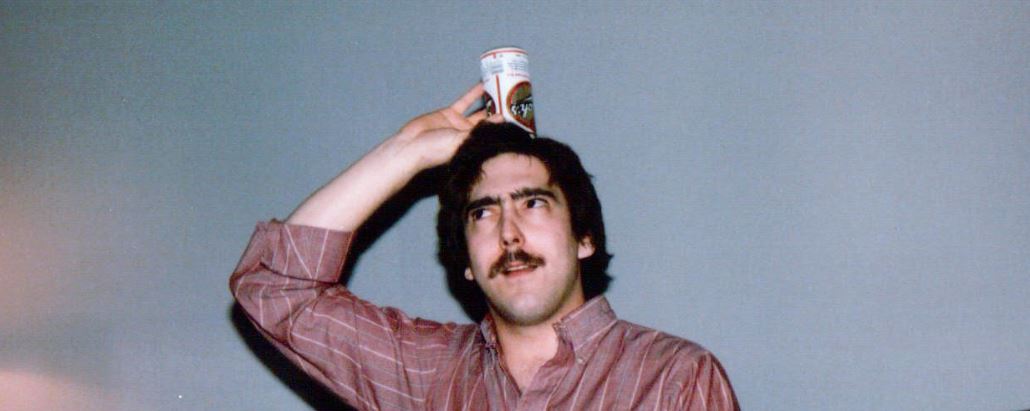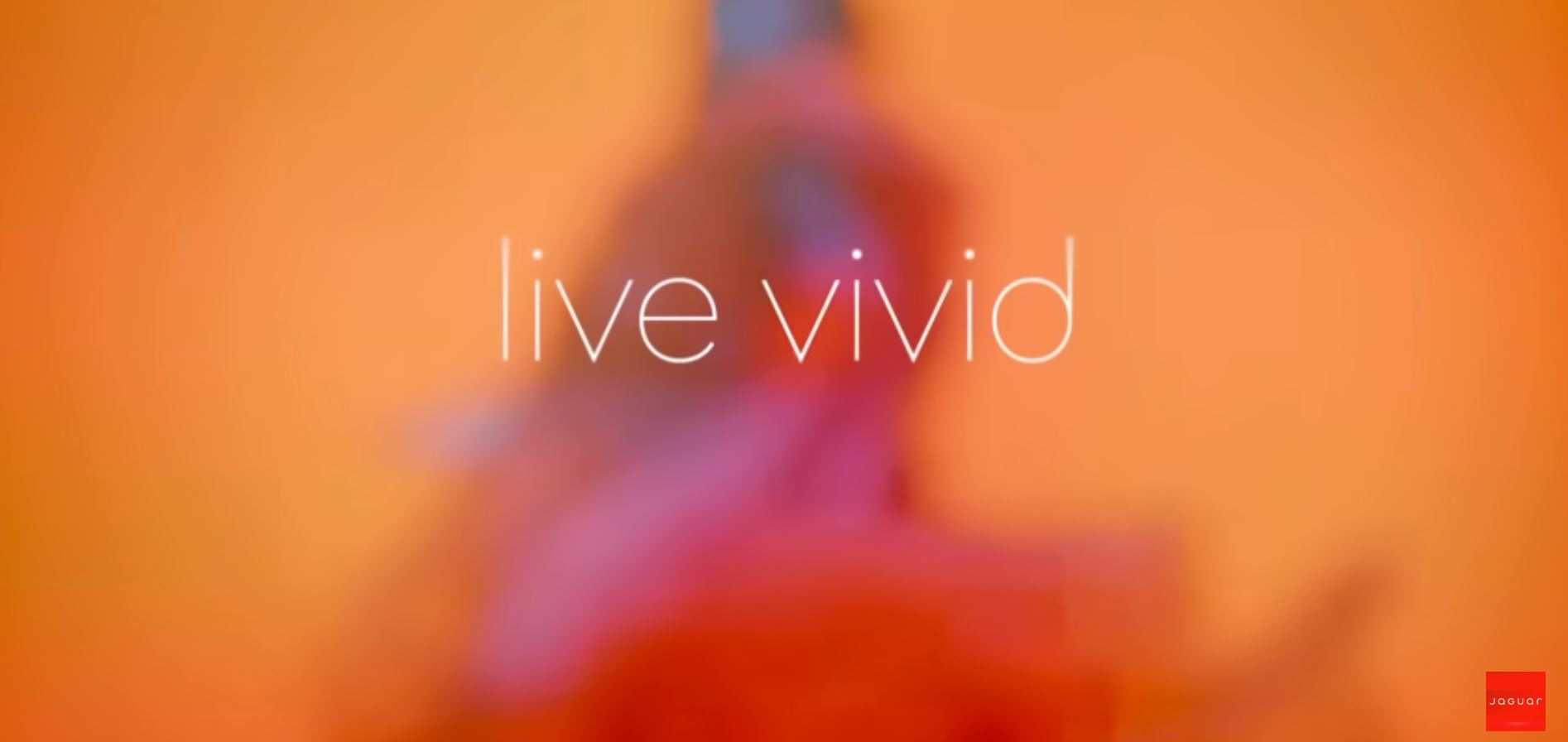Category: Culture (Page 4 of 15)

If you invent your own driving rules, the other guy has to guess how to react. I’m not saying that this was the best response, but it worked out.
Jon Stewart is talented and astute. He’s much funnier when he is attacking the other guys.

These are my students on our field trip to Cedar Point for Physics Day in 2011. They are all weird in their own way. I picked the year at random, because it doesn’t matter.
Bill Gates makes a good point about students being over diagnosed, labeled and medicated.

Oh boy, this is going to sound bad.
Rain Man is a movie that doesn’t often get mentioned, but it should because it’s relevant to what’s happening with children today. While watching it tonight, it struck how looking after an autistic person is like having a dog. Yeah, that doesn’t sound good at all, but hear me out.

It’s an obvious game. Nobody cares about dictionaries, so at the end of the year, dictionaries get some attention by coming up with a word of the year. Then, because journalists are lazy, they get a column out of it.
This is too mundane for anyone to address, but a couple of words come to mind that we use frequently, but just aren’t very descriptive.
I have a cold. That happens all the time to everyone. That’s too close to being cold. If I say a head cold, that is a little better. Doctors call it an upper respiratory infection, but that sounds too long, and could be a sinus infection, which is much worse. Just come up with a word that is definitive and isn’t dependent on the rest of the sentence.
Dream is another one. If someone says that they had a dream, you know a boring story is coming. If someone says that they have a dream, you know something important is coming.
In Martin Luther King’s I Have a Dream speech, he goes on to refute everything that the modern progressive holds dear. MLK wasn’t talking about something that came to him while he was sleeping. He could call it a fantasy, but that sounds disjointed from reality and conjures images of dragons and heaving bosoms. We need a word that means a future reality that we should work toward.
Does anyone have sleeping dreams of the type portrayed in media? Those dreams are always carefree fantasies that write themselves. Some people have vivid dreams and some have vague dreams. People remember them, or they don’t. Freud thought that dreams addressed an issue that came up the previous day. That sounds more likely.
I don’t know. The word “dream”, just sounds like a romantic notion that can be tossed into a sentence, and people can take it a bunch of different ways.

I’ve been scanning and organizing old photos.
A year after I started at Caterpillar, management sent me to a week-long SLAM training course in Chicago. Turns out that a random bunch of engineers can be a lot of fun.
Since I may be two-thirds of the way through a Christmas miracle, I decided to watch Miracle on 34th Street.
Compare and contrast with our current culture.

Mary and I visited the Notre Dame cathedral in 1991, back when you could still do fun stuff like hang from the clapper of a giant bell.
Our tour guide was impressive. He switched from English to German to French so smoothly, often in the same sentence, that everyone could follow what he was saying without having to repeat himself.

Jaguar ad implores the audience to “live vivid”.
More like livid. That’s what Jaguar owners, car guys and British people are. Livid, as in furious, angry or enraged.
Livid also means “darkish, purple color” or black and blue, like a livid bruise. Which is what Jaguar will be left with after nobody buys the new models. To make it worse, Jaguar is pausing their manufacturing to retool to build the new EV models. This is the new Jaguar concept car.

The EV market is rough. Tesla sells half of all EV cars, with customers generally preferring hybrid cars to avoid the problems that come with a battery-powered car.
Jaguar is owned by Tata Motors. Tata is a large, diversified Indian company. Tata bought Jaguar Land Rover (JLR) from Ford for $2.3 billion in 2008. JLR has performed well for Tata, but with this Jaguar re-branding, that may change. Land Rovers sell well, and if that brand isn’t ruined, Tata can survive the death of Jaguar.
Here is the Jaguar ad that will kill the brand.
